As temperatures rise, the efficiency of your air conditioner becomes crucial for maintaining comfort at home. An aging or malfunctioning AC system can disrupt this comfort, signaling it might be time for a replacement. Recognizing when your air conditioner needs a change can save you from costly repairs and enhance your home’s efficiency.
Recognizing Signs That Indicate AC Replacement
The age of your air conditioner plays a significant role in its overall performance and efficiency. Systems that are over ten years old often struggle to maintain optimal efficiency, leading to increased energy consumption. Older units may lack the advancements incorporated into newer models, making them less cost-effective over time.
Rising energy bills can be a telltale sign of an inefficient system. If your electricity costs have unexpectedly increased without a corresponding change in usage, it might indicate that your AC unit is consuming more power to deliver the same level of cooling. This increase often suggests that the system is working harder than necessary, which can lead to further wear and tear.
Frequent repairs and breakdowns are clear indicators of a troubled air conditioner. If you find yourself scheduling air conditioner repair sessions regularly, it is crucial to assess whether the cumulative repair costs are approaching the price of a new AC installation. Constant issues not only disrupt comfort but also highlight the potential need for a replacement.
Another important sign to consider is uneven cooling throughout your home. If certain rooms are persistently warmer than others, it might be a result of your air conditioning system’s inability to distribute air evenly. This inconsistency can often be remedied only through a complete unit evaluation, potentially pointing toward the need for a replacement rather than continuous repairs.
The Hidden Costs of Keeping an Old Air Conditioner
Maintaining an outdated air conditioner can lead to several hidden costs. One significant disadvantage is diminished energy efficiency. As components age and degrade, older systems require more energy to produce the same amount of cooling, which can significantly increase utility bills. This inefficiency is especially pronounced when compared to modern air conditioning systems designed with enhanced energy-saving technologies.
Increased repair costs are another concern with aging systems. Frequent breakdowns can lead to escalating expenses, sometimes surpassing the cost of investing in a modern system. Balancing regular repair costs with the long-term savings of a new installation is essential in making an economically sound decision.
An often-overlooked consequence of retaining an old air conditioner is its impact on home value. Prospective buyers tend to favor homes with updated systems as they promise lower maintenance costs and better energy efficiency. An outdated system can reduce your home’s appeal, potentially affecting resale value.
Understanding these hidden costs can influence your decision to replace an outdated system. Evaluating the broader financial picture not only involves initial purchase costs but also considers the efficiency and reliability benefits that come with a new air conditioner installation.
Options for Air Conditioning Upgrades
Considering an upgrade from your old air conditioner to a modern system can offer many benefits. Modern AC installation provides greater energy efficiency, meaning lower electricity bills and a reduced environmental impact. Newer units operate more quietly and are often equipped with better air filtration capabilities, enhancing indoor air quality.
Exploring ductless AC systems and mini split heat pumps presents another valuable option for homeowners seeking targeted cooling. Ductless air conditioners provide flexibility in cooling specific areas without the need for extensive ductwork installation. Mini split heat pumps offer a versatile solution, suitable for both heating and cooling, making them ideal for maintaining comfort year-round.
Modern systems also come with advanced features that improve overall comfort and ease of use. Smart thermostats, zone control capabilities, and energy monitoring features are becoming standard. These innovations allow for precise temperature control and can be customized to fit your lifestyle, ultimately enhancing home comfort and efficiency.
Professional Assessment and Planning for Replacement
Getting a professional HVAC assessment is a crucial step in determining whether your air conditioner needs replacement. Our professionals are trained to identify existing issues and can provide insight into the overall condition of your system. This assessment ensures that any decision made regarding replacement is based on a thorough evaluation.
Preparing for a new AC installation involves several key steps:
1. Assessment of Needs: Evaluate your cooling requirements and any specific preferences for new systems.
2. Selection of the Unit: Choose an AC system based on efficiency, size, and features that align with your needs.
3. Budget Planning: Consider long-term savings versus upfront costs to make an informed financial decision.
Our technicians can also guide you through the role of thermostat upgrades. Replacing an old thermostat with a modern, programmable model can improve new system efficiency. Upgraded thermostats support precise temperature control, helping to optimize your home’s climate control system.
Conclusion
Deciding to replace an air conditioner involves considering various factors, from recognizing the signs of wear to understanding the hidden costs of outdated systems. Exploring modern AC solutions provides a pathway to improved energy efficiency and enhanced home comfort. A professional assessment ensures that your home receives a system that meets your specific needs, offering peace of mind and reliability.
Whether you’re interested in the efficiency gains of a modern unit or the convenience of advanced features, replacing your old air conditioner is an investment in your home’s future. With a clear understanding of the options and process involved, you can make an informed decision that supports your comfort and financial goals.
To ensure a smooth transition to a new air conditioning system, trust our experts at Perfect Climate Heating, Air & Plumbing. Our professional team is ready to guide you through each step, from the initial assessment to installation. Contact us today to start planning your AC replacement in Chandler and enjoy the benefits of improved home comfort.



